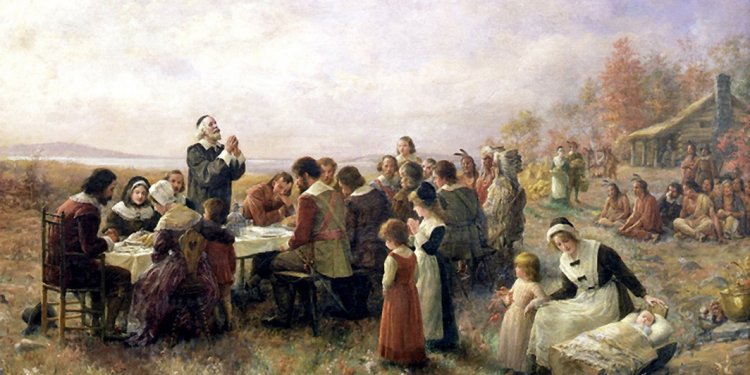
How long have Native Americans been in American
Extremely tough civil-rights dilemmas are those dealing with the nation's 2.5 million indigenous Us americans. Federally recognized tribes are believed domestic centered countries, due to their legal rights to tribal sovereignty preserved. Tribal sovereignty relates to tribes' right to control by themselves, determine their account, manage tribal property, and regulate tribal company and domestic-relations; it further acknowledges the presence of a government-to-government relationship between such tribes and the authorities. The federal government features special trust obligations to protect tribal places and resources, protect tribal liberties to self-government, and offer services necessary for tribal survival and development. The fight to preserve tribal sovereignty and treaty legal rights has long been in the forefront regarding the Native United states civil-rights activity.
Additionally, local Us citizens suffer from most of the same social and financial dilemmas as various other sufferers of lasting prejudice and discrimination - including, like, disproportionately large rates of impoverishment, infant mortality, unemployment, and reasonable highschool completion rates. The fight for equal employment and academic opportunity is vital to handling these problems.
Also essential for several local US civil-rights supporters tend to be cultural problems linked to the capability to keep and pass on conventional spiritual philosophy, languages and personal methods without concern about discrimination. For instance, local People in america have traditionally battled to guard their particular religious freedom from repeated acts of governmental suppression - including the denial of accessibility religious sites, prohibitions from the usage or control of sacred objects, and restrictions on their power to worship through ceremonial and standard means.
In 1988, including, In Lyng v. Northwest Indian Cemetery Protection Association, the Supreme Court permitted the construction of a Forest provider road through an old web site presented sacred by a number of tribes. In a setback for local Americans' spiritual freedoms, the Court ruled that such intrusion failed to break the Indians' First Amendment legal rights.
And in 1991, in Employment Division of Oregon v. Smith, the Supreme Court ruled that states and localities no more needed to show a "powerful government interest" to justify usually applicable laws and regulations that applied to restrict or infringe upon religious exercise. The ruling in this case, which involved two Oregon men who had been rejected jobless benefits after using peyote as an element of a worship service regarding the Native American Church, ended up being commonly assaulted by associates of virtually all religious bodies in the usa as a major blow to religious freedom.
In 1993 Congress passed, and President Clinton signed, the spiritual Freedom Restoration Act, which may have overturned Smith and restore the "compelling interest" standards that limited government's capability to enforce legislation that infringes upon spiritual freedom. But the Supreme legal shortly hit down RFRA as an unconstitutional workout of Congressional powers in City of Boerne v. Flores.
In 1994, a legislation signed by President Clinton exempted the religious use of peyote from national and condition managed substance laws and prohibited discrimination against those that take part in the employment of peyote for religious functions. Although this shielded Native Americans' use of peyote, the battle to protect other areas of religious freedom goes on.

















